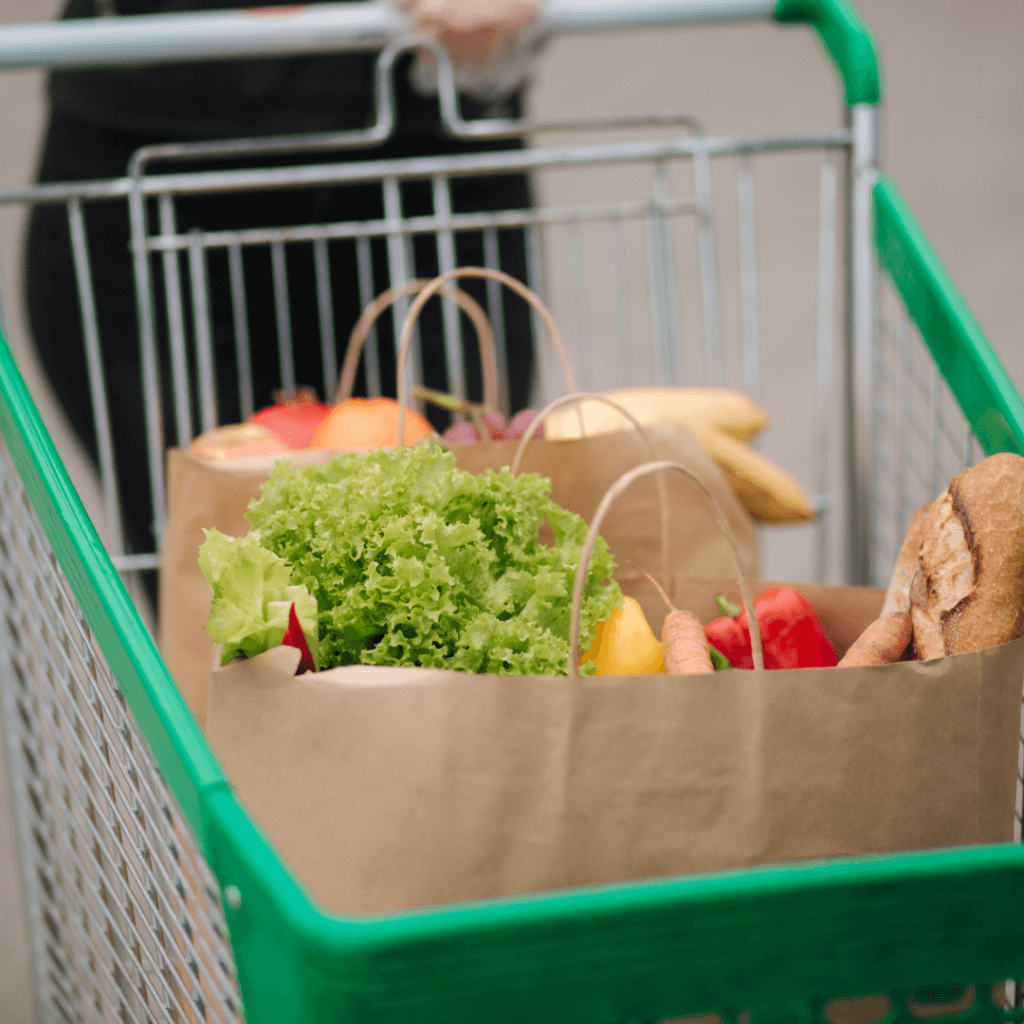19 October 2023
How to Eat Well for Less in New Zealand

In New Zealand, eating well doesn’t have to break the bank. By adopting a few smart strategies, you can nourish your body with nutritious meals while also reducing food waste. This not only benefits your wallet but also helps create a more sustainable food system. In this blog, we’ll explore tips and tricks on how to eat well for less and minimise food waste in New Zealand.
Plan Your Meals and Make a Shopping List:
One of the simplest yet most effective ways to save money and reduce food waste is by planning your meals and making a shopping list. Before heading to the supermarket, take stock of the ingredients you already have, both in your fridge and pantry. Based on what you already have, plan your meals for the week and create a shopping list with the necessary items. Stick to your list to avoid impulse purchases and unnecessary food waste.
Buy in Bulk and Cook in Bulk:
Buying in bulk can often be more cost-effective than purchasing individual portions. Look for bulk bins or larger packages of pantry staples like rice, pasta, and beans. Additionally, consider cooking in bulk. Prepare larger quantities of meals and freeze the leftovers for future quick and convenient meals. This not only saves money but also ensures that no food goes to waste.

Embrace Seasonal and Local Produce:
Opting for seasonal and local produce not only supports local farmers but is also generally more affordable. Seasonal fruits and vegetables are abundant, fresher, and tend to be priced lower as they don’t need to be transported long distances. Visit farmers markets or join a community-supported agriculture program to access affordable, fresh, and locally sourced produce. If you are located in the North Island, Misfit Gardens & Wonky Box are great places to start. If you are in the South Island, Check out Eat Local.

Reduce Meat Consumption:
Meat can be one of the most expensive items on your grocery bill. Consider reducing your meat consumption and incorporating more plant-based protein sources into your meals. Beans, lentils, tofu, and chickpeas are all affordable and nutritious alternatives. Not only will this choice be better for your wallet, but it will also have a positive impact on the environment.

Embrace Leftovers and Repurposing:
Leftovers often get a bad rap, but they can actually be transformed into delicious new meals. Instead of tossing them in the trash, get creative and repurpose them into another dish. For example, leftover roasted vegetables can be turned into a hearty soup, or yesterday’s chicken can be used to make a flavorful wrap or salad. The key is to reinvent leftovers to make them appealing and exciting.

Proper Storage and Preservation:
Invest in suitable food storage containers and learn proper storage techniques to ensure your food lasts longer. Store fruits and vegetables in the fridge to extend their shelf life and freeze perishable items before they go bad. Additionally, consider preserving excess produce through techniques like pickling or canning. This way, you can enjoy your favorite seasonal items even when they are out of season.
Eating well for less and reducing food waste in New Zealand is both achievable and rewarding. By planning your meals, buying in bulk, opting for seasonal produce, reducing meat consumption, embracing leftovers, and practicing proper storage, you can enjoy delicious and nutritious meals while minimising waste and saving money.
Let’s take steps towards a more sustainable and budget-friendly approach to food, benefiting both ourselves and the environment.